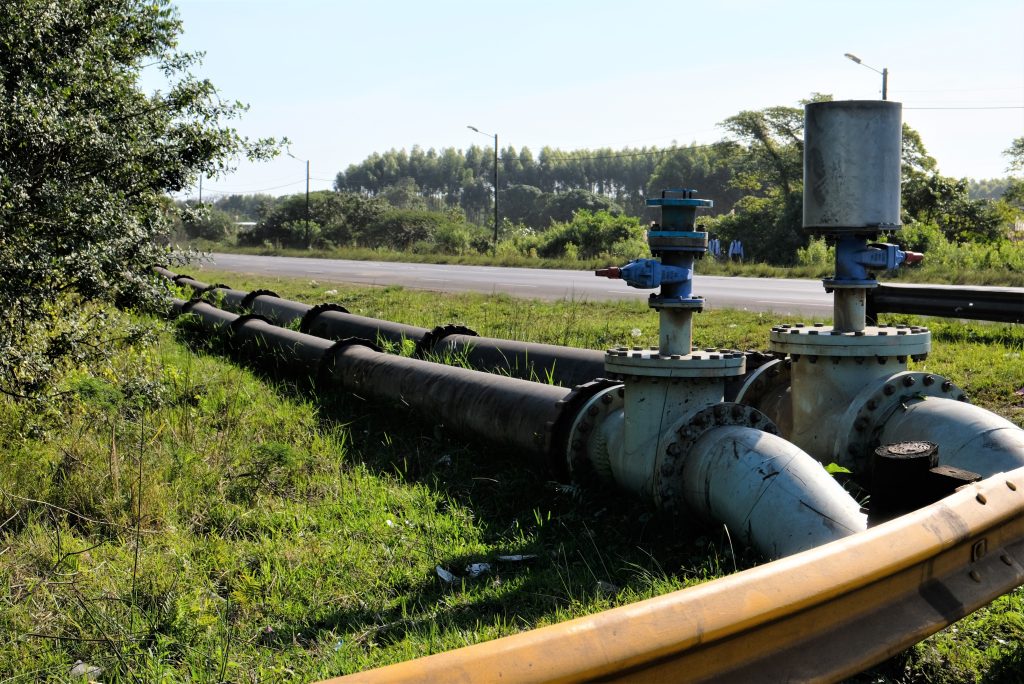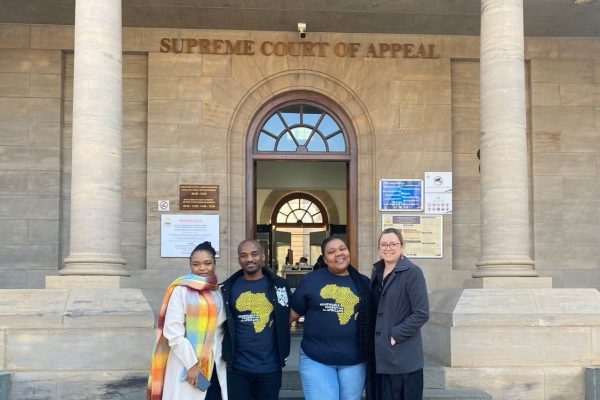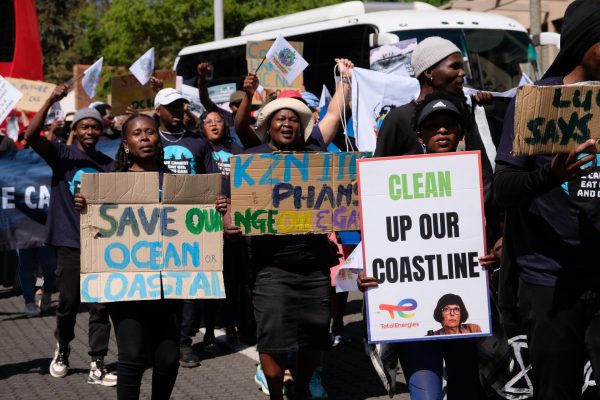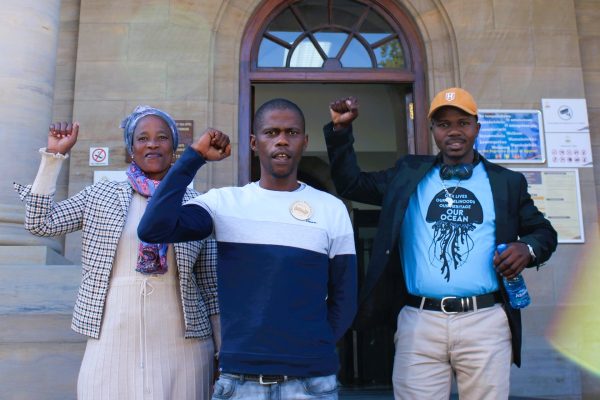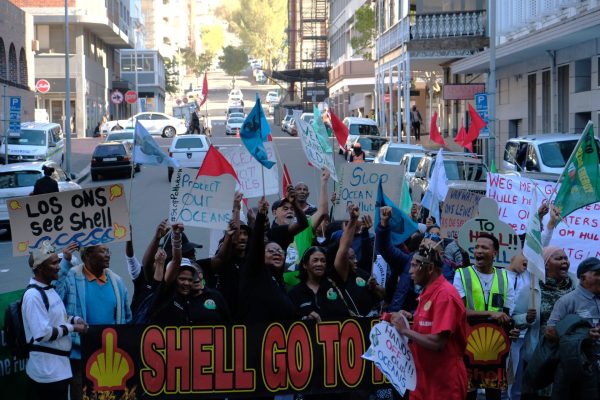Background to the UPRD Bill
The Upstream Petroleum Resources Development Bill was introduced on 1 July 2021. One of the purposes of the Bill is to accelerate the exploitation of petroleum resources in South Africa.
This Bill details 15 objectives related to:
- Petroleum rights licensing
- Exploration of petroleum
- Management of petroleum rights
The Bill can be accessed here (Parliamentary site) or here (Parliamentary Monitoring Group site)
Natural Justice’s Submission
In July 2022, Natural Justice made submissions on the Upstream Petroleum Resources Development (UPRD) Bill to the Department of Mineral Resources and Energy. Our submission focused on twenty-five aspects of the Bill, looking more closely at how the Bill will impact communities and whether it addresses our climate change commitments to reduce our carbon emissions.
Read it here
Why does this Bill Matter?
Environmental and Climate Impacts: If the Bill is passed, it will have implications for the current climate crisis and the legal path that South Africa is taking to address the crisis. South Africa has ratified the United Nations Framework Convention on Climate Change (UNFCCC) and the Paris Agreement, which imposes obligations to reduce greenhouse gas emissions and increase climate adaptation programmes. This Bill is in opposition to South Africa’s commitment to supporting laws, regulations and policies that address the climate crisis. South Africa must develop better options for supplying clean energy.
South Africa is also losing its biodiversity at a rapid speed. Many indigenous species in South Africa are threatened or facing extinction. This Bill does not explicitly explain how the biodiversity offset and South Africa’s Biodiversity Strategy and Action Plan will be implemented to restore degraded lands.
Human Rights Impacts: The exploration of natural resources has substantial impacts on land, wildlife and the environment. This resulting harm to the environment also affects fundamental human rights. The South African government has a responsibility towards future generations. Therefore, laws made by our government should promote sustainable and responsible management of natural resources, ensure good governance and human security, and safeguard human health, natural resources and ecosystems. Exploiting petroleum resources through this Bill contradicts this responsibility.
Policy Impacts: South Africa has existing national legislation that provides for the protection, licensing and use of natural resources. Communities need to analyze the Bill and understand how it affects the interpretation, application and principles of current legislation, such as the National Environmental Management Act and the Mineral and Petroleum Resources Development Act. The Bill also does not adequately provide for a well-coordinated climate action response across all levels of government.
Countries in the global north are paying more attention to the devastating effects of the climate crisis. Consequently, they are moving towards reducing the financing of fossil fuel projects. In addition, there are currently numerous climate litigation cases challenging creditors and governments to decrease the financing of fossil fuel projects. While fossil fuel projects are still being funded, the South African government needs to explain where the funding is coming from. If the Treasury is the source, then the public has the right to participate in the decision-making process and to access funding information.
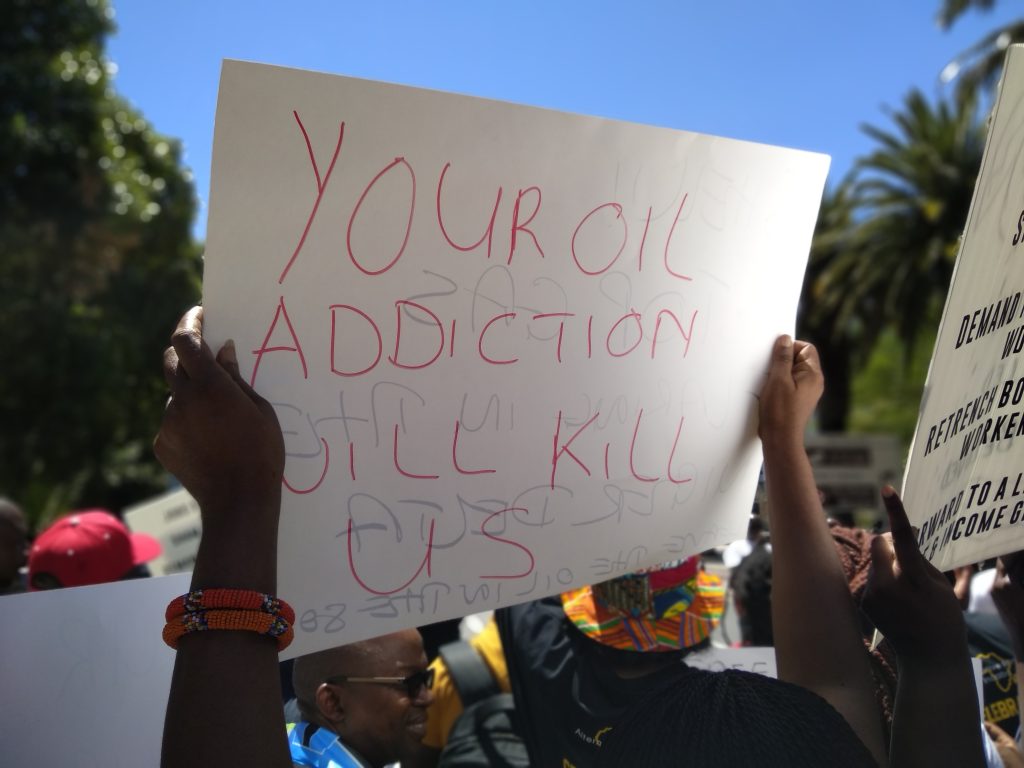
Getting involved
Public participation and consultation are a constitutional right in South Africa (§33 Constitution of the Republic of South Africa, 1996). The government must ensure meaningful public participation with the Bill for all citizens, including those in remote, rural and/or poor communities, as these communities are the most vulnerable to the impacts of climate change.
We encourage members of the public to attend one of the public meetings near you and make your voice heard. The list of public meetings are here:
The following are the types of questions you may want to ask during the meetings:
- What will this Bill mean for my land access and land rights?
- What will it mean for biodiversity protection?
- What will it mean for climate change in South Africa?
- What would be the financial costs for the government, and are these reasonable and the best way to spend our taxes?
- How does the use of petroleum products affect my health?
- What does this Bill mean for a just transition towards renewable energy?
- Are there better solutions to the energy crisis in South Africa?
- Does this Bill clash with other laws and policies in the country, such as our Bill of Rights or environmental laws?
- In what ways will communities be part of granting rights to companies?
- Where will the petroleum products be used?
- What special knowledge do I have that I want to share?
If you have any questions or would like more details about the public meetings, please contact Jacqui Rukanda at jacqueline(at)naturaljustice.org

